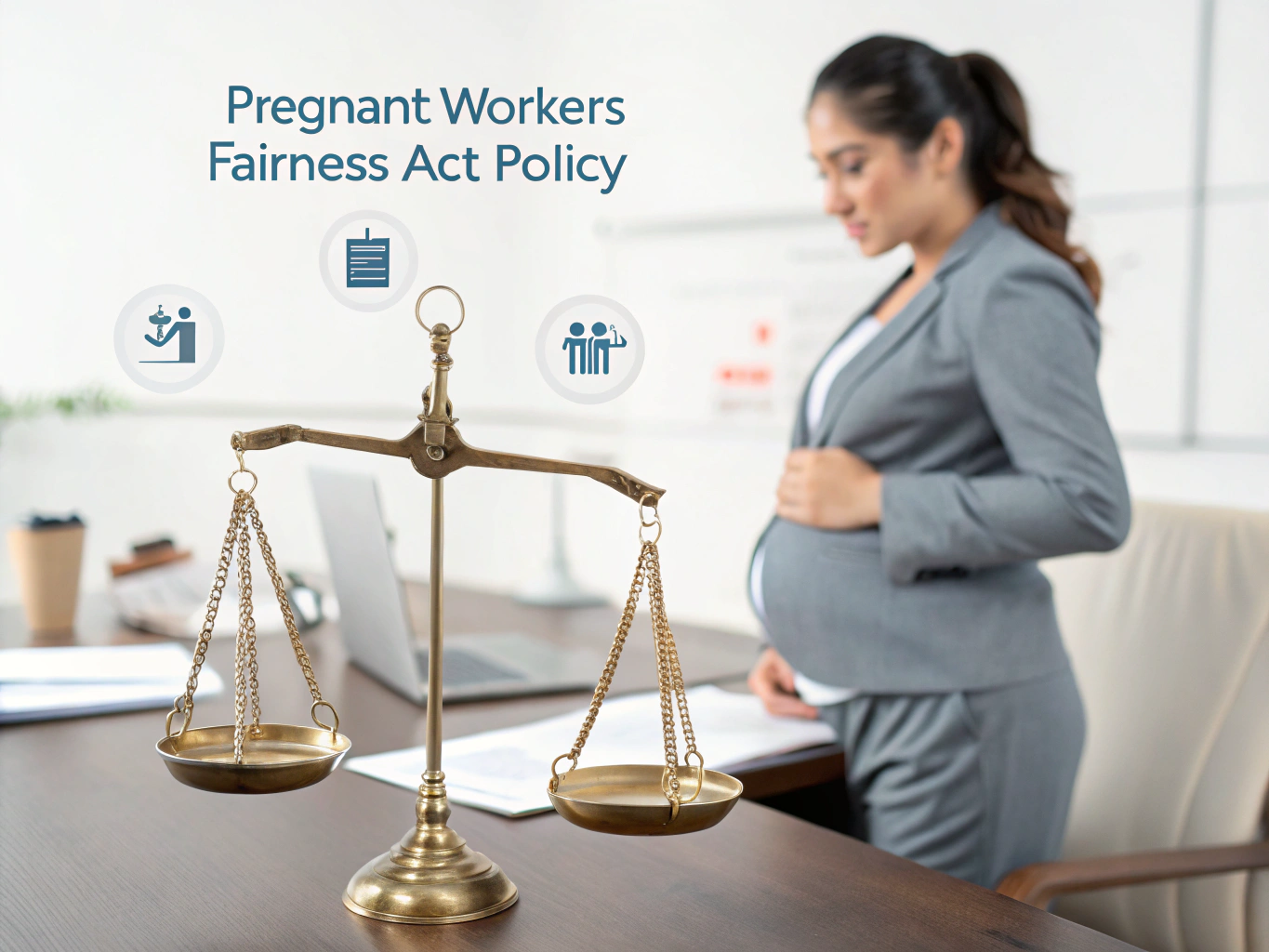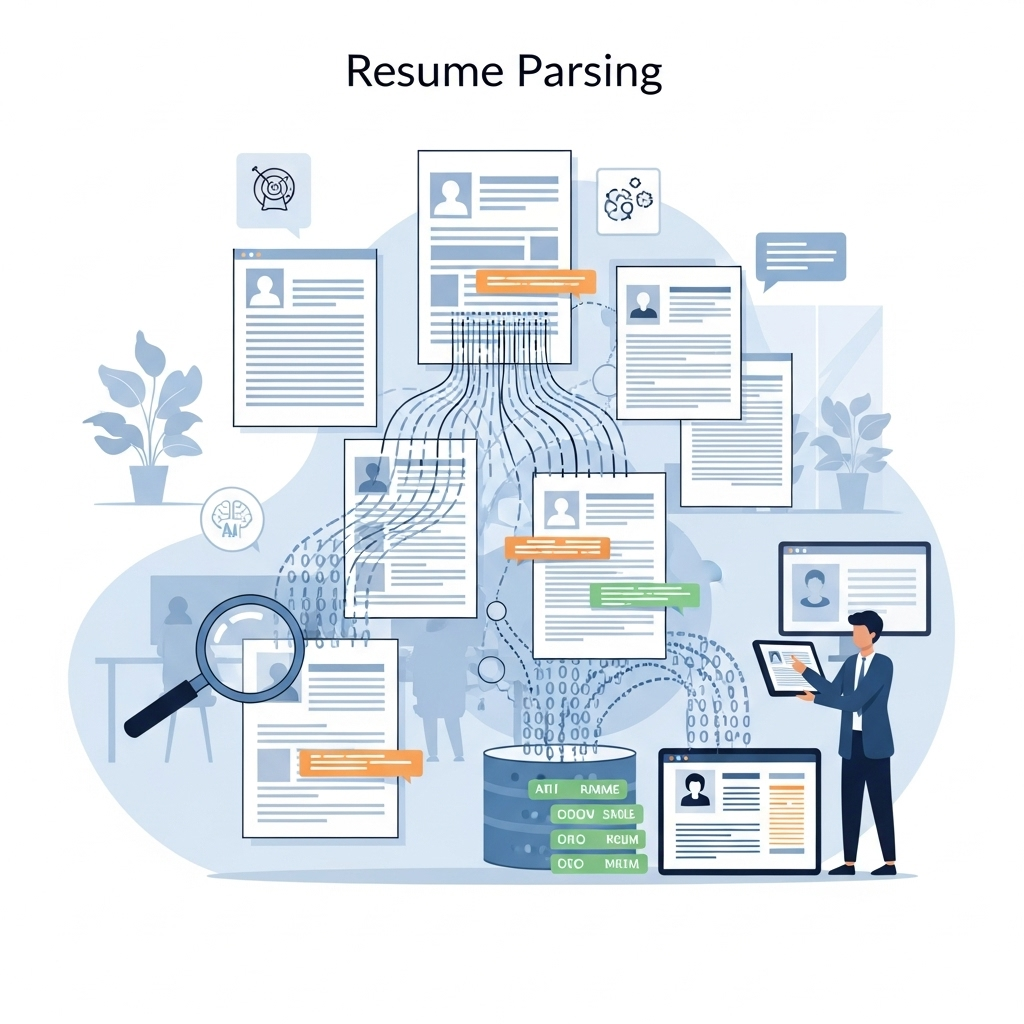Definition
The Pregnant Workers Fairness Act Policy is a framework designed to ensure that pregnant employees receive fair treatment and necessary accommodations in the workplace. This policy not only seeks to protect the health and safety of pregnant workers but also promotes a supportive environment that enables them to continue performing their roles effectively during their pregnancy.
Key Components
This policy encompasses several essential elements that help create a clear path for both employers and employees regarding accommodations needed during pregnancy. Let’s break down some of the main components:
- Requesting Accommodations: Pregnant employees should feel empowered to voice their needs. This process can be initiated verbally or in writing and should include details about the necessary adjustments, such as modified duties or additional breaks.
- Interactive Process: Once a request is made, HR should engage in an open dialogue with the employee to explore potential accommodations. This may include gathering medical insights or collaborating with healthcare professionals to better understand the employee’s needs.
- Types of Accommodations: Common accommodations can vary widely depending on individual needs. Examples might include flexible work hours, ergonomic office equipment, or even temporary reassignment to less physically demanding tasks.
- Confidentiality: It’s crucial to maintain privacy throughout this process. Information regarding pregnancy-related medical conditions and accommodations should be treated sensitively and shared only with those directly involved in the accommodation process.
- Non-Retaliation: Employees must be assured that requesting accommodations will not result in negative consequences. This protects their rights and fosters a culture of support within the organization.
Importance in the Workplace
Understanding and implementing the Pregnant Workers Fairness Act Policy is vital not just for compliance, but also for nurturing a positive workplace culture. For instance, consider a scenario where a pregnant employee is struggling with fatigue. If her employer grants her additional breaks, she may feel more energized and engaged in her work, ultimately benefiting the organization as a whole. On the flip side, a lack of accommodations can lead to higher stress levels, decreased productivity, or even increased turnover rates, which can be costly for both employees and employers.
Best Practices
Implementing a successful Pregnant Workers Fairness Act Policy requires mindfulness and proactive measures. Here are some best practices to consider:
- Communicate Clearly: Ensure that all employees are aware of their rights under this policy. Utilize employee handbooks, orientation sessions, and regular training to keep everyone informed.
- Train Managers: Equip supervisors with the knowledge and sensitivity needed to handle accommodation requests. Training can include role-playing scenarios to help managers practice their responses to such situations.
- Encourage Open Dialogue: Foster an environment where employees feel safe discussing their needs. This can be achieved through regular check-ins or dedicated HR office hours where employees can confidentially voice their concerns.
- Document Everything: Maintain thorough records of requests and accommodations provided. This is not only helpful for tracking purposes but also protects the organization legally.
- Stay Updated: Regularly review and update the policy to reflect any changes in laws, regulations, or best practices related to pregnancy accommodations.
Legal Considerations
It’s essential to be aware of the legal implications surrounding the Pregnant Workers Fairness Act. Employers are legally required to provide reasonable accommodations unless doing so would result in undue hardship. This means you need to evaluate each request on a case-by-case basis, considering both the employee’s needs and the company’s resources. Familiarize yourself with local and federal laws to ensure compliance and avoid potential lawsuits.
Conclusion
In conclusion, a well-implemented Pregnant Workers Fairness Act Policy is crucial for maintaining a healthy, equitable workplace. Not only does it protect the rights of pregnant employees, but it also enhances overall workplace morale and productivity. By prioritizing accommodations for pregnant workers, you demonstrate a commitment to inclusivity and employee well-being, which can lead to a more engaged and satisfied workforce. Remember, supporting your employees during their pregnancy journey is not just a legal obligation—it’s a moral one that reflects your organization’s values.




